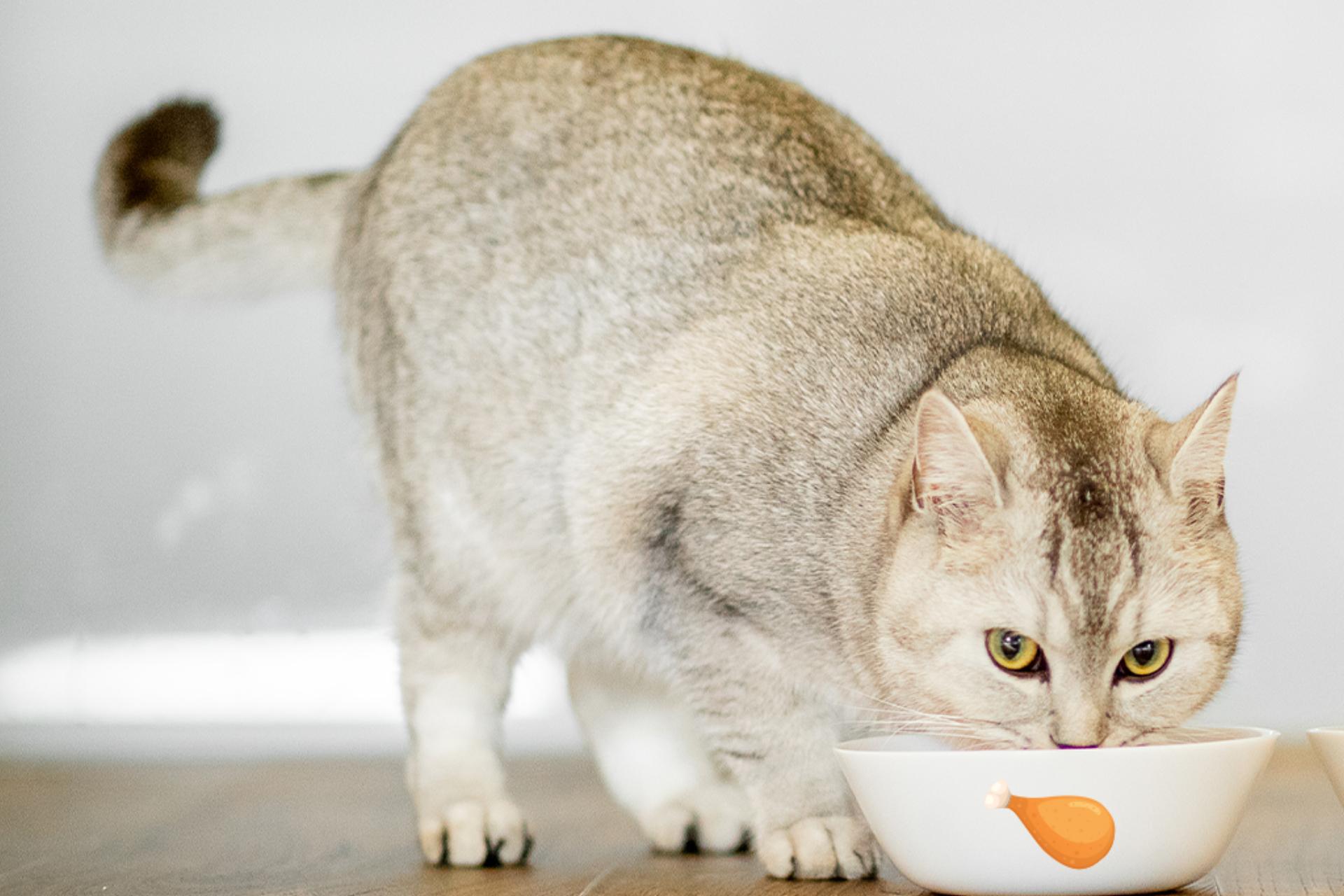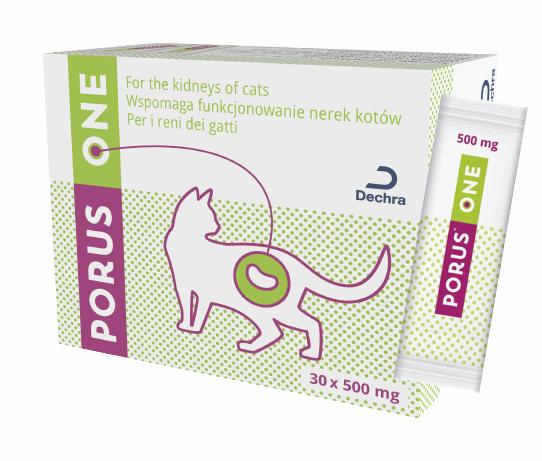Uraemic toxins
Cats are obligate carnivores. That means that animal protein and various amino acids are vital to the cat.
Precursors of uraemic toxins are produced when intestinal bacteria digest some of these amino acids (tryptophan, phenylalanine, and tyrosine) as a part of the cat’s normal protein metabolism. The precursors are absorbed and transported to the liver where they are metabolised into uraemic toxins, indoxyl sulphate and para-cresyl sulphate. These toxins are then excreted via the kidneys without causing any harm.
With increasing age, the kidney function decreases and that might lead to accumulation of indoxyl sulphate that may affect kidney health.

By reducing protein intake, the amount of uraemic toxins produced is decreased, but as already stated, cats are obligate carnivores and highly dependent on a relatively high protein diet with a well balanced amino acid content.
That means that to meet the cat's nutritional needs, the production of uraemic toxins is inevitable.

This is the background as to why Porus One was initially developed. Porus One has the potential to help trap precursors of uraemic toxins and promote excretion in the faeces, instead of being absorbed.
Porus® One – For the support of feline kidney health

